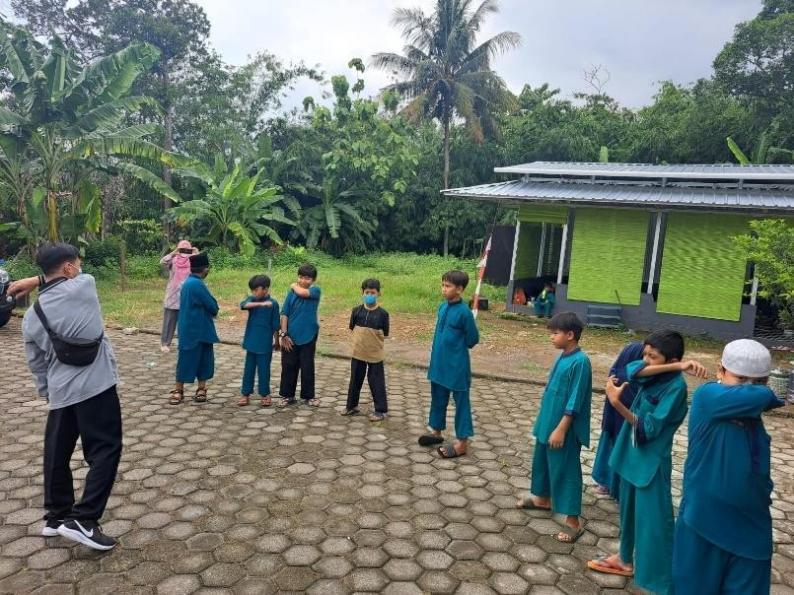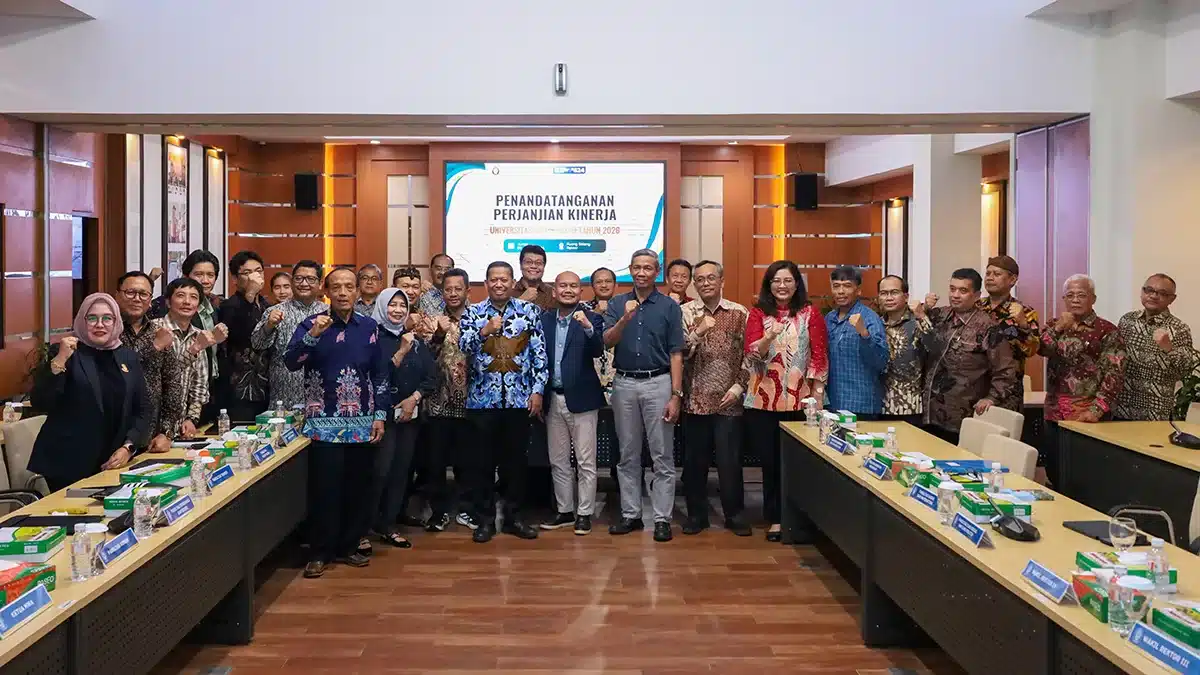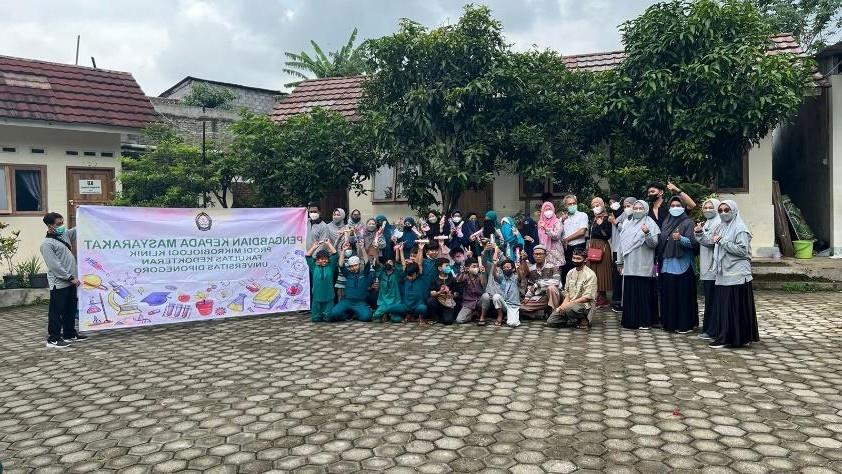The COVID-19 pandemic has reduced children’s opportunities to learn and play for approximately 2 years. There are many reports from teachers, parents, and children, that online learning causes children to not capture optimally about the subject matter and maturity in socializing. From this experience, we realize that infectious diseases can have a big impact on the world of education.
The school environment allows for the transmission of disease. Not infrequently we meet if there are children who are sick with coughs and colds, in a few days later, many classmates also have coughs and colds. Children’s ignorance about infection prevention behavior can also be one of the causes.
Health literacy plays an important role in increasing health knowledge and behavior. The high incidence of infectious diseases among school children requires an increase in students’ health literacy about infectious diseases. This effort is expected to increase students’ knowledge about infectious diseases and encourage the development of appropriate behavior towards the prevention and control of infectious diseases.
Therefore, the community service team for the Clinical Microbiology Study Program of the Faculty of Medicine Undip, chaired by dr. Rebriarina Hapsari M.Sc., Sp.MK(K) and involving the teaching staff and students of the Clinical Microbiology Study Program and the Dentistry Study Program. They worked together to conduct education about infection prevention in the children of the students of Ustman Bin Affan Islamic Elementary School, Ungaran on October 19, 2022. Interactive education using video media, role play, and games about the introduction of various microbes that cause infection. That is the most common infectious disease found in the school environment. The students also learned about the importance of washing hands and cough etiquette to prevent infectious infections, as well as brushing teeth to maintain oral hygiene so that children have healthy teeth. After being taught the importance of preventing infection and maintaining oral hygiene, students also directly practiced how to wash hands, cough etiquette, and brush teeth properly and correctly.
A number of Grade V and VI elementary school students participated in the activity enthusiastically from the beginning to the end of the activity. Evaluation of the educational process was carried out with pre and post education assessments, with the result that there was an increase in knowledge in 90.9% of children. An ounce of prevention is worth a pound of cure. The service team hoped that this activity will be useful for students to be able to apply the principles of preventing infection from an early age.










